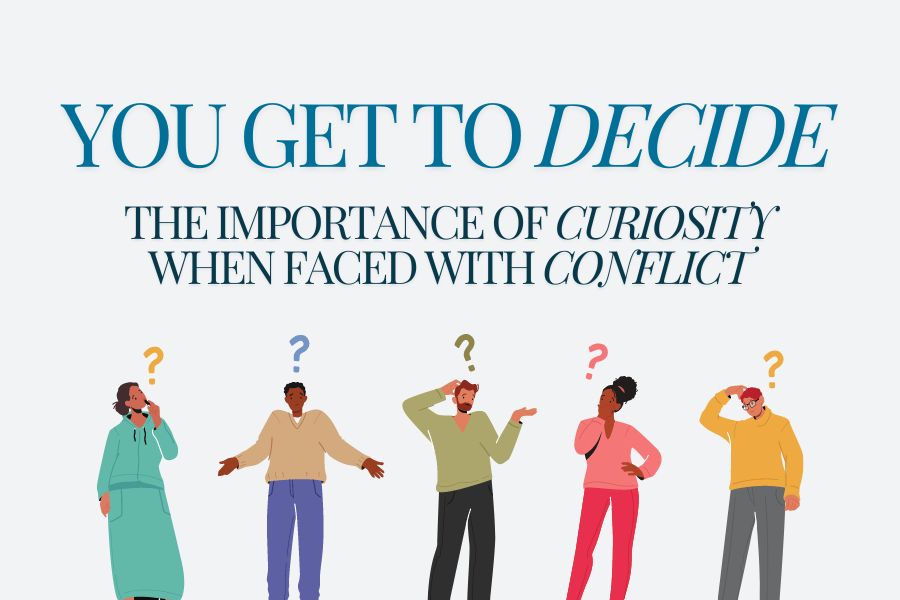You Get to Decide
July 8, 2024

As a former football coach and player, I've had my fair share of experiences with adversity and challenges. One of the things I heard over and over from the men who coached me and what I tried to pass on to those young men in my charge was to control what you can when faced with these situations. This principle, which I sharpened during my football career, is valuable for navigating the high-pressure situations of athletics and the emotional dimension of conflict, a skill I further developed during my studies at the Institute of Conflict Management.
Developing this mindset has been one of the ideas I have repeatedly been reminded of as I have completed my studies at the Institute of Conflict Management. The most important thing is not the events and circumstances we face in conflict or life but our responses to them.
Two key lessons from all of my courses within the program are the importance of curiosity and empathy when faced with conflict.
These can be critical in managing yourself and building rapport with the other party. In my psychology of conflict and communications in conflict classes, I learned the importance of being curious about yourself and the other party. When faced with an event that triggers you emotionally, learning to ask questions forces you to press pause and “go to the balcony.” Going to the balcony forces you to engage the rational part of your brain. This skill has been an excellent way to manage negative emotions and remain calm. Being curious and listening to the needs of others while in conflict is a great way to build empathy, rapport, trust, influence, and credibility with them. All of these are needed if you are going to be successful in coming up with solutions to meet the needs of both parties.
In the words of Stephen R. Covey, “If I were to summarize in one sentence the single most important principle I have learned in the field of interpersonal relations, it would be this: Seek first to understand, then to be understood.” The most significant way to gain influence with others is when they feel they have influenced you. Curiosity is the first step in developing this most important principle.
Written by Kenneth Robinson, a student of Lipscomb University Institute for Conflict Management.
College of Leadership and Public Service News